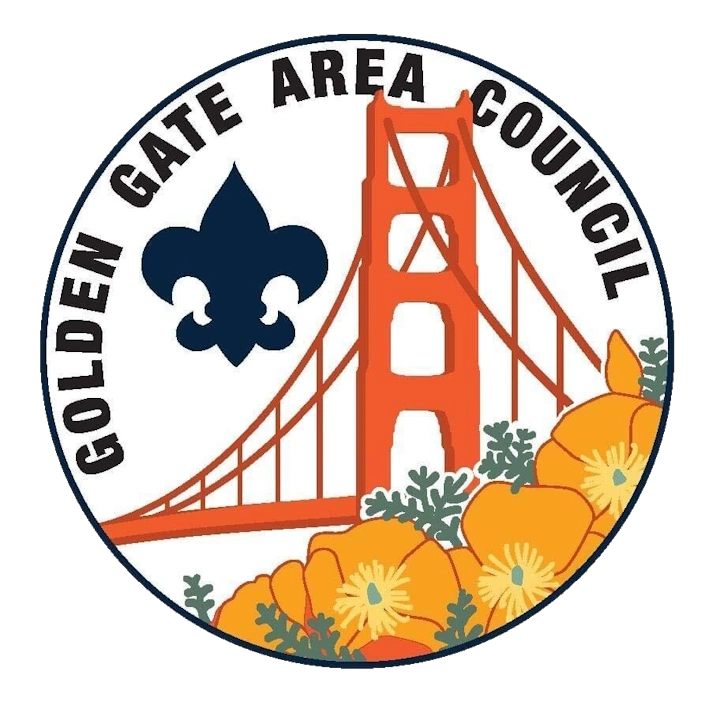
Commissioners are council adult leaders who help Scouting units succeed. They coach and consult with adult leaders of Cub Scout packs, Boy Scout troops, Varsity Scout teams, Venturing crews, and Sea Scout ships, usually through a monthly visit of either a committee meeting, unit meeting, or unit activity.
Commissioners help maintain the standards of the Boy Scouts of America, and work to help Scout leaders on the Journey to Excellence continuous improvement program. The goal is to support unit adult volunteers in achieving the goals of each unit, chartered organization, and the BSA.
Commissioners help unit adults maintain 100 percent Youth Protection Training. They also oversee the unit charter renewal plan so that each unit re-registers on time with an optimum number of youth and adult members.
A commissioner plays several roles, including friend, representative, unit “doctor,” teacher, and counselor.
The commissioner is a friend of the unit. Of all his/her roles, this one is the most important. It springs from the attitude, “I care, I am here to help, what can I do for you?” Caring is the ingredient that makes commissioner service successful. He or she is an advocate of unit needs. A commissioner who makes himself known and accepted now will be called on in future times of need.
The commissioner is a representative. The average unit leader is totally occupied in working with kids. Some have little if any contact with the Boy Scouts of America other than a commissioner’s visit to their meeting. To them, the commissioner may be the BSA. The commissioner helps represent the ideals, the principles, and the policies of the Scouting movement.
The commissioner is a unit “doctor”. In their role as “doctor,” he/she knows that prevention is better than a cure, so they try to see that their units make good “health practices” into a regular way of life. When problems arise, he/she will act quickly to help solve a unit solve a problem quickly.
The commissioner is a teacher. As a commissioner, he/she will have a wonderful opportunity to participate in the growth of unit leaders by sharing knowledge with them. He/she teaches not in an academic environment, but where it counts most—as an immediate response to a need to know. That is the best adult learning situation since the lesson is instantly reinforced by practical application of the new knowledge.
The commissioner is a counselor. As a Scouting counselor, he/she will help units solve their own problems. Counseling is the best role when unit leaders don’t recognize a problem and where solutions are not clear-cut. Everyone needs counseling from time to time, even experienced leaders.
Selection process and criteria vary depending on the position.
Unit Commissioners are appointed by the council commissioner with the approval of the council executive board.
Unit commissioners should—
Have excellent people skills
Have a Scouting background or be fast-track learners
Know and practice Scouting ideals
Visit each assigned unit monthly
Roundtable Commissioners are appointed by the council commissioner with the approval of the council executive board.
Roundtable commissioners should—
Have excellent people skills
Have a strong knowledge of the program area for the particular roundtable group he/she leads
Know and practice Scouting ideals
Lead a monthly roundtable, including guest speakers and feature programs led by others
The Council Commissioner is elected at the annual meeting of the local council after selection by the council nominating committee.
The council commissioner should—
Have the ability and proven experience to lead and meet objectives through a large structure of other people
Become a role model of exceptional Scouting service to units throughout the council
Be a person with a vision of how a good unit program helps youth stay in the program long enough to learn Scouting values
Have the ability to develop a good working relationship with the Scout executive characterized by mutual trust, mutual respect, and mutual recognition of each other’s role and competency
Ideally, a commissioner is not simultaneously serving in a direct-contact leader role (such as Cubmaster or Scoutmaster) so that he/she can devote the time needed to be an active resource person to his/her assigned units or roundtable planning process. Commissioners are registered as council volunteers and meet the same requirements as all other BSA adult volunteers.
See the Commissioner Fieldbook and Commissioner Administration for more details on commissioner criteria and responsibilities.
Scouters’ Roundtables are the monthly meetings where adult Scouters (leaders, committee members, commissioners) can gather to learn about upcoming programs, exchange ideas, and network for additional support.
Each roundtable includes a theme based on one of the twelve points of the Scout Law. Following a general session involving all attending with announcements of general interest, we break into program-specific breakouts (Cub Scouting, Boy Scouting/Venturing, etc.). On a quarterly basis (Feb., May, Aug., Nov.), we also feature a special breakout for unit committee specific issues.
Roundtables are fun too — we give participants a chance to practice a Scout game, learn a Scout song, or compete using a newly learned Scout skill. So come prepared to not only get informed, but have fun that you can take back to your youth and families.
Our commissioners hold roundtables all 12 months of the year, on the first Thursday of each month, at the Alameda Ward LDS Church. 1201 Grand Street (corner of Grand and Encinal Avenue). The church parking lot and meeting rooms entrance is on the Encinal Avenue side of the church. We start promptly at 7:00 p.m., and usually end right at 8:00 p.m. See you there!
STEM
Order of the Arrow